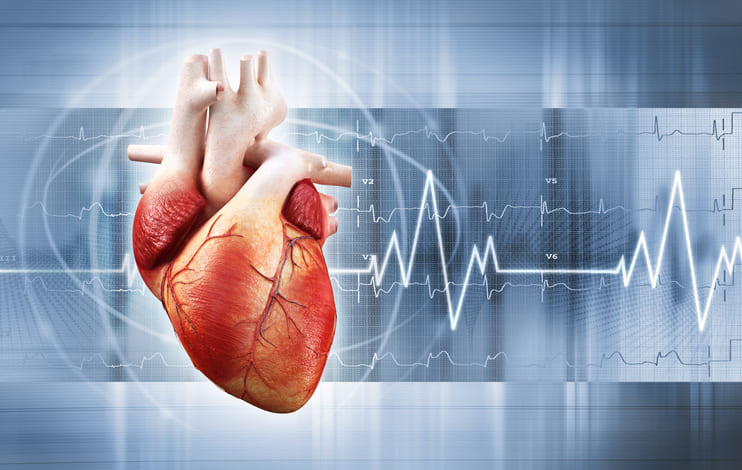Doxorubicin (Dox) is a first-line treatment for triple negative breast cancer (TNBC), but its use may be limited by its cardiotoxicity mediated by the production of reactive oxygen species. We evaluated whether vitamin D may prevent Dox-induced cardiotoxicity in a mouse TNBC model.
Female Balb/c mice received rodent chow with vitamin D (1500 IU/kg; vehicle) or chow supplemented with additional vitamin D (total, 11,500 IU/kg). the mice were inoculated with TNBC tumors and treated with intraperitoneal Dox (6 or 10 mg/kg). Cardiac function was evaluated with transthoracic echocardiography. The cardiac tissue was evaluated with immunohistochemistry and immunoblot for levels of 4-hydroxynonenal, NAD(P)H quinone oxidoreductase (NQO1), C-MYC, and dynamin-related protein 1 (DRP1) phosphorylation.
At 15 to 18 days, the mean ejection fraction, stroke volume, and fractional shortening were similar between the mice treated with vitamin D + Dox (10 mg/kg) vs. vehicle but significantly greater in mice treated with vitamin D + Dox (10 mg/kg) vs. Dox (10 mg/kg). Dox (10 mg/kg) increased the cardiac tissue levels of 4-hydroxynonenal, NQO1, C-MYC, and DRP1 phosphorylation at serine 616, but these increases were not observed with vitamin D + Dox (10 mg/kg). A decreased tumor volume was observed with Dox (10 mg/kg) and vitamin D + Dox (10 mg/kg).
Vitamin D supplementation decreased Dox-induced cardiotoxicity by decreasing the reactive oxygen species and mitochondrial damage, and did not decrease the anticancer efficacy of Dox against TNBC.
Cytoprotective Effect of Vitamin D on Doxorubicin-Induced Cardiac Toxicity in Triple Negative Breast Cancer.


